France has endured an appalling series of Islamist terror attacks in recent years. One might feel a sense of relief that the country escaped relatively lightly last Friday. That will, of course, be no consolation to the family of the man who was killed by 22-year-old Nathan C, a recent convert to Islam, who stabbed his victim to death as he defended his wife in the Parisian suburb of Villejuif.
She is recovering in hospital, as is another woman, while a passer-by apparently has his religion to thank for his survival. Confronted by the killer who was dressed in a djellaba and shouting ‘Allah Akbar’, the man pleaded for mercy, pointing out that he was a Muslim. The terrorist ordered him to recite a prayer in Arabic, which he did, and so off he went in search of other victims.
Some media outlets have cautioned that the perpetrator, who was shot dead by police and whose surname hasn’t been disclosed, had a history of mental illness. But arguably of greater relevance is his apparent adherence to the ultra-conservative Salafism, the ideology that links many of France’s Islamist terrorists.
That the attacker reportedly spared a Muslim will send a chill through the French government. Already much is being made of this by right-wing groups on social media. The strategy of the Islamists in France is to fracture the country, turning Muslim against non-Muslim and in the process drawing in the left and the right on opposing sides.
They failed to achieve that with the attacks in 2015 and 2016, in which they committed atrocities against symbolic targets such as the church (the murder of the elderly priest as he took mass), the Republic (the Bastille Day attack in Nice) and freedom of expression (Charlie Hebdo). In doing so, their victims included French Muslims, who were gunned down as they enjoyed a meal in Paris or run over by the truck that careered down the Promenade des Anglais in Nice.
Has there been a change in strategy? A realisation from Islamists that if they are to plunge France into a civil war then a more a nuanced terror is required? It’s not enough to kill; what they must also do is create a climate of fear, suspicion and hostility between non-Muslims and Muslims.
The strategy began with the killing of four police personnel in October, butchered with a knife wielded by one of their colleagues, another convert to Islam. The Islamic State was jubilant: if we can infiltrate police HQ in Paris, where else might we target? Subsequently it emerged that in recent years several police officers and soldiers have either been fired or deserted because of their allegiance to Islamic extremism.
And now the attack in Villejuif where a deadly distinction was drawn, in which religion saved one man and condemned another. For many years, the political class in France has championed ‘vivre ensemble’, the Gallic equivalent of multi-culturalism’, but that is anathema to the Islamists. They don’t want the French to ‘live together’, they want them to fight each other. The likelihood is there will be more attacks between now and the presidential election in 2022 in which a person’s religion could determine if they live or die.
This is one of two strands of the Islamists’ strategy to splinter the country, what the French call the ‘coupeurs de têtes’ [cutting the heads]; the other is the ‘coupeurs de langues’ [cutting the tongues], whereby anyone who speaks negatively of Islam is branded an Islamophobe.
In his 2016 book, ‘The Fracture’, political scientist Gilles Kepel, explained how Islamists, with their help of the gullible on the French left, have used Islamophobia to turn Muslims into perpetual victims. Looking ahead to the 2017 election, Kepel wrote that whatever the outcome, the president would be confronted in the five years that followed with a “very profound social and cultural crisis”, one that would require an extraordinary “political vision” to avoid a catastrophe.
France is still waiting for this political vision, and time is running out.
Got something to add? Join the discussion and comment below.
Get 10 issues for just $10
Subscribe to The Spectator Australia today for the next 10 magazine issues, plus full online access, for just $10.



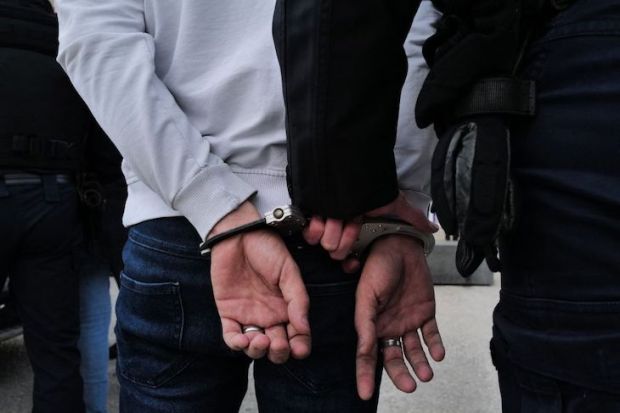
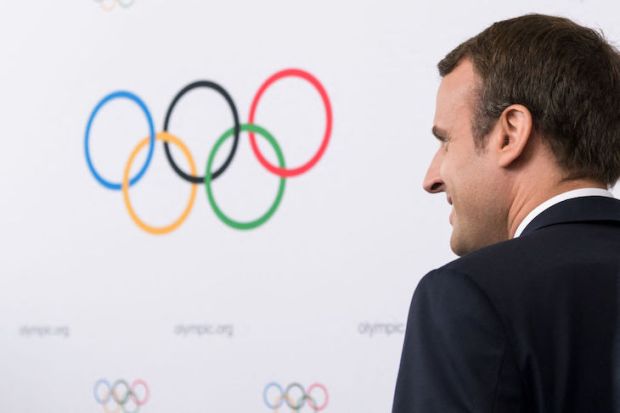
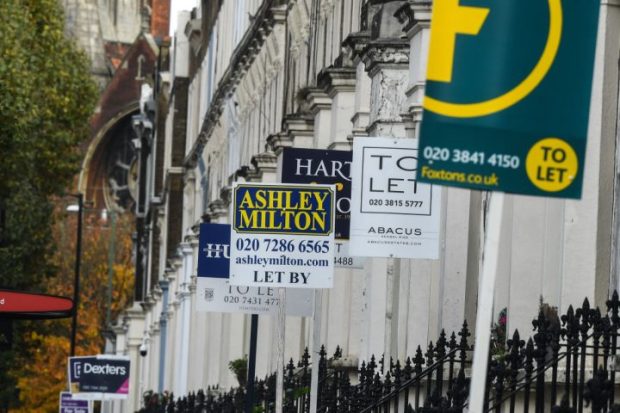

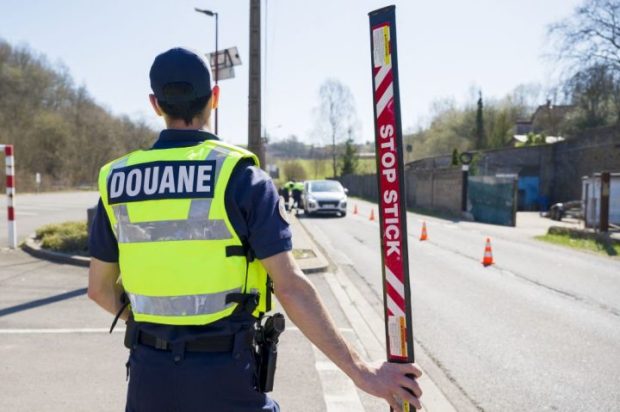
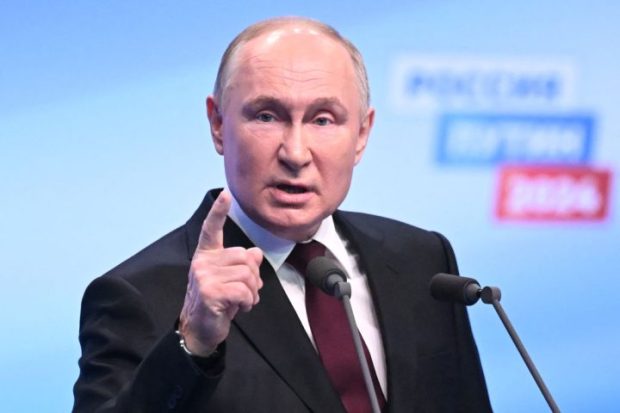












Comments
Don't miss out
Join the conversation with other Spectator Australia readers. Subscribe to leave a comment.
SUBSCRIBEAlready a subscriber? Log in